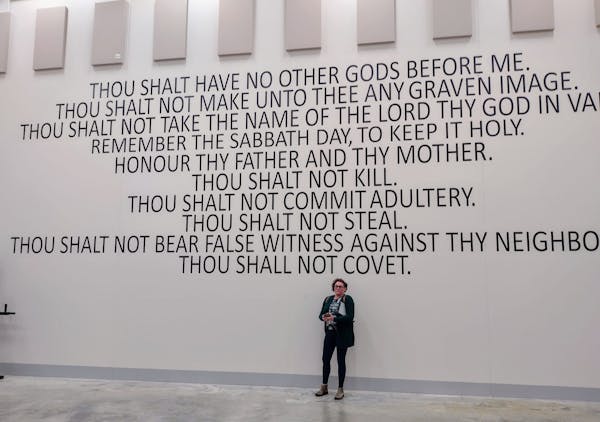A measure that would offer couples the option to divorce outside the authority of Minnesota courts has the backing of two legislators who say they want to start a conversation about how marriages end.
But family law attorneys argue that the legislation is impractical — and unconstitutional.
The "Cooperative Private Divorce" legislation would allow couples to form divorce agreements without filing with the court or needing a judge's signoff. The current process would remain in place for others.
The bill's sponsors, Rep. John Lesch, DFL-St. Paul, who was divorced a decade ago, and Sen. Sandy Pappas, DFL-St. Paul, who was a child of divorced parents, say their bill would mark the most significant change to divorce law since "no fault" divorce became law 45 years ago. The current process, Lesch said, encourages couples "to become opponents in a win-lose contest with high stakes."
The two do not intend to request a hearing for the bill this session.
Although advocates have no estimated cost on implementing the program, they say it could pay for itself by reducing caseloads in family court.
Pappas said that involving the courts can often sour what began as cooperative marriage dissolutions. That said, it wouldn't replace the current court system, she said.
"It's very, very important to protect the few who need protection, such as battered women who are victims of physical and emotional abuse at the hands of their spouse," Pappas said.
Under the proposal, couples seeking a divorce would begin an online orientation and submit their "Intent to Divorce" to a state agency like the Bureau of Mediation Services, where the records would be kept private. After 90 days, they would submit a "Declaration of Divorce" containing their agreements. There would be no third-party review or judicial approval. However, if there was a later challenge to a divorce agreement, it would be brought forward in court.
William Doherty, a professor in the Department of Family Social Sciences at the University of Minnesota and longtime marriage and family therapist, helped craft the legislation, which he calls "radical reform." Placing a divorce in the hands of the courts, no matter how amicable the parties, makes it automatically adversarial, he said.
But family law attorney Mike Dittberner called that assertion a "logical fallacy," maintaining that divorces happen regularly with minimal interaction with attorneys. Further, he said, agreements created without proper input from professionals or a judge's approval are likely to create a quagmire down the road.
"It's going to place courts in positions of trying to fix all these problems in the future, and you'll see people being forced to hire attorneys to clean up this mess that was created by a sloppy process," he said.
Michael Boulette, a family law attorney who blogs about the issue, said the law is unconstitutional on its face, given that the U.S. Constitution mandates that district courts have jurisdiction over family law matters, and that the Legislature cannot take that authority away. Boulette said that if the splitting spouses are amicable, getting a divorce in district court can be less of a hassle than renewing a driver's license.
But Marilyn McKnight, a mediator with Erickson Mediation Institute who helped craft the proposal, said the impetus for the legislation was clients who were not represented by attorneys.
"When they'd get to the final agreement, they'd say, 'Why do we have to go to court? This is what we want to do.' " she said. "And frankly, sometimes … it's a question as to the extent that [judges] even read divorces."
Abby Simons • 651-925-5043
